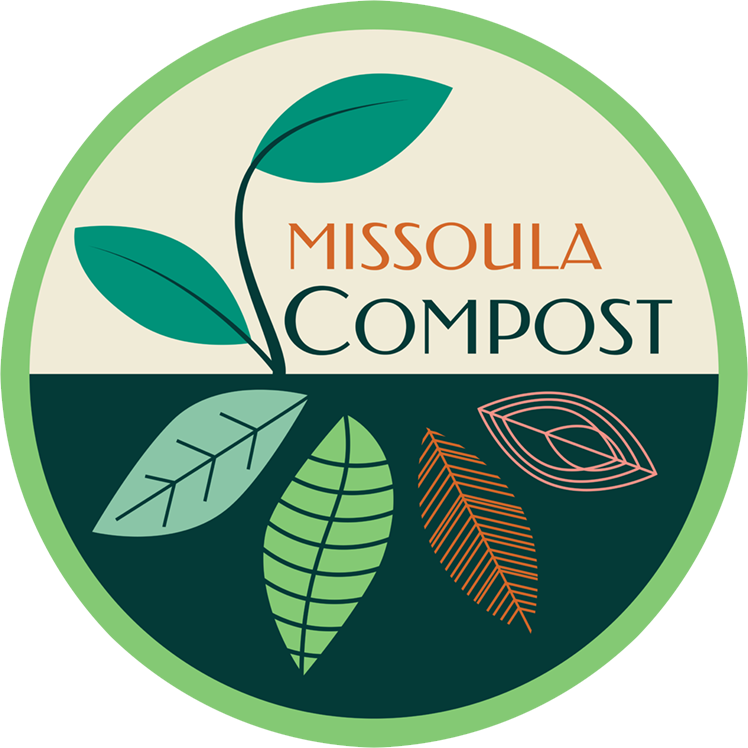Before The Bin: An Earth Day Reflection on Waste Production
Earth Day reminds us not only of the beauty of our planet but also of the challenges we face, especially regarding our growing relationship with waste. Overproduction and overconsumption have led to an explosion of waste. From oversized portions to single-use plastics, waste isn’t just something we throw away; it’s something we’re surrounded by every day.
But the problem with waste is more than just litter on the ground or resources lost in a landfill. It’s a problem with waste created through an entire system, starting from creation, moving into distribution, and ending in waste streams. The documentary Single-Use Planet explores the question of our individual responsibility to recycle vs. tackling the issue of the entire production cycle that pushes us toward excess in the first place.
Sorting the Symptoms
Single Use Planet discusses how industries have spent decades promoting recycling to shift responsibility away from corporations and onto the consumers. Allowing companies to keep producing mountains of excess material while blaming individuals for not sorting their trash properly.
The Sorting Stats
Only 10% of the plastic ever produced has actually been recycled, and according to the EPA, only 5% of food waste has been composted. The rest is either burned, buried in landfills, or, more tragically, left to drift through our oceans, slowly breaking down into smaller and smaller pieces.
The real kicker? Many plastics weren’t designed to be recycled in the first place. Mixed-material products are almost impossible to process properly. Even when plastic do make it through the recycling system, the process typically results in lower-quality material, meaning it has a finite time of usefulness.
Food production also struggles with an unfortunate end. Resources are pulled from the soil to grow food that sits in distribution channels before ending up in the landfill. According to ReFED, 27% of all food in the U.S. ends up in the landfill before ever being sold, donated, or eaten. This is an issue that composting can reduce the impact of by recycling unused resources back into the soil, but it’s a solution that can’t stop the problem.
Rethinking the System
If waste sorting is only a partial fix, then what is the full solution?
Single-Use Planet explores not just what happens to waste after we’re done using it, but it also suggests rethinking how things are produced in the first place. The documentary takes a journey from American cities choked by petrochemical plants to countries like France, which have implemented bold policies to reduce single-use plastics. Through the lens of global systems, it becomes clear: overproduction is not just a consumer issue, but a systemic one.
Recycling and composting are important steps in connecting value cycles. But we can’t sort our way out of this mess with recycling and composting alone, we need to tackle change at every step.
How can we ask the important questions before we need to think about sorting?
Ask your questions this Wednesday at the Free Film Screening and community discussion of Single-Use Planet!
We’re thrilled to be sponsoring this Sustainability Mini-Fair + Free Film Screening of Single-Use Planet as part of Missoula’s Zero Waste Action Month!
Single-Use Planet Film Screening + Community Discussion
Date: April 23rd, 2023
Location: UC Theater, University of Montana (3rd Floor)
Time: 6:00 - 8:30 PM
Come connect with local organizations, learn about plastic pollution, and discuss and learn about actions we can take for a cleaner, more sustainable Missoula!
Your Friends at Missoula Compost


